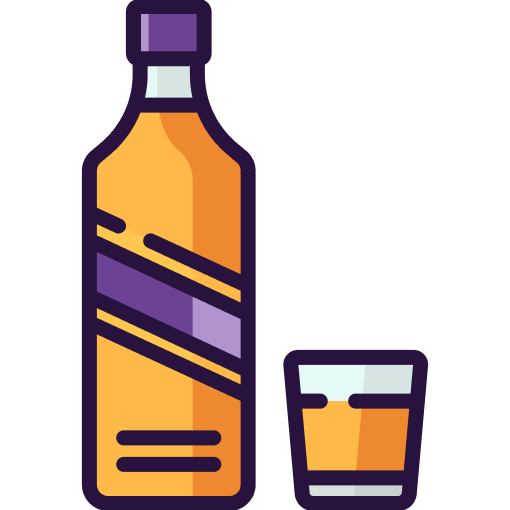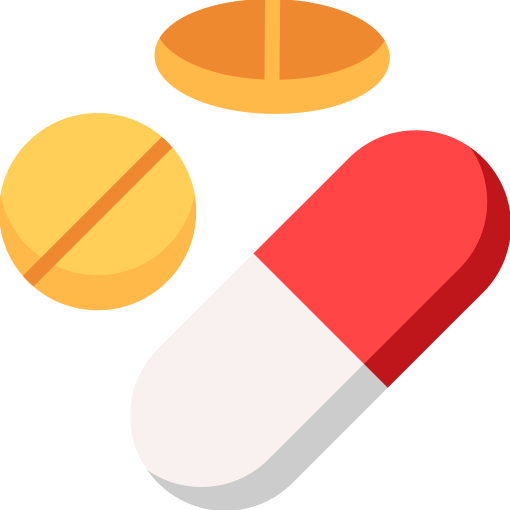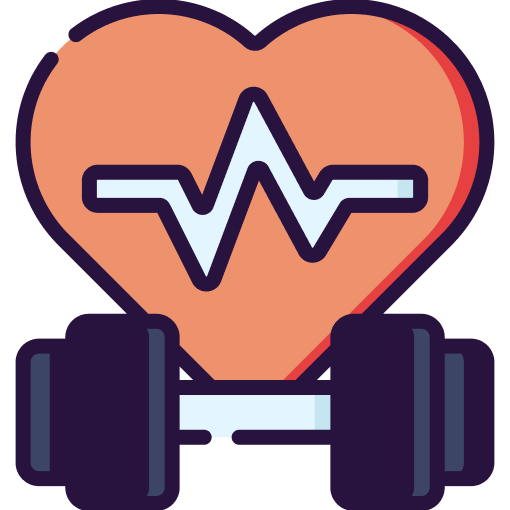Addiction & Substance Abuse
Understanding, Treatment & Support
What is Addiction and Substance Abuse?
Types of Addiction & Substance Abuse

Alcohol Addiction
Consistent, uncontrollable drinking that affects physical health, relationships, and functioning.

Drug Addiction
This includes both illegal drugs (e.g., heroin, cocaine) and prescription drug misuse (e.g., opioids, benzodiazepines).

Behavioral Addictions
Behaviors such as gambling, shopping, or internet use can also become addictive and destructive, though they don’t involve substances.

Alcohol Addiction
Consistent, uncontrollable drinking that affects physical health, relationships, and functioning.

Drug Addiction
This includes both illegal drugs (heroin, cocaine) and prescription drug misuse (opioids, benzodiazepines).

Behavioral Addictions
Behaviors such as gambling, shopping, or internet use can also become addictive and destructive, though they don’t involve substances.
Addiction is more than just a physical reliance on a substance. It’s also about the emotional and psychological struggles that often accompany substance use, including denial, isolation, and shame. Recovery is possible with the right treatment and support.
Symptoms of Addiction & Substance Abuse
Increased Tolerance
Withdrawal Symptoms
Loss of Control
Neglecting Responsibilities
Preoccupation with Substance
Risky Behaviors
Isolation
Emotional Instability
The Impact of Addiction & Substance Abuse

Health Problems
Addiction can lead to liver damage, heart disease, respiratory issues, or overdose.

Broken Relationships
Addiction often leads to conflict, mistrust, and disconnection from loved ones.

Emotional & Mental Health Issues
Many individuals with substance abuse issues also struggle with depression, anxiety, or trauma, exacerbating the cycle of addiction.

Health Problems
Addiction can lead to liver damage, heart disease, respiratory issues, or overdose.

Broken Relationships
Addiction often leads to conflict, mistrust, and disconnection from loved ones.

Emotional & Mental Health Issues
Many individuals with substance abuse issues also struggle with depression, anxiety, or trauma, exacerbating the cycle of addiction.
Treatment for Addiction & Substance Abuse
Psychotherapy (Talk Therapy)

IFS (Internal Family Systems)
IFS explores the different “parts” of yourself that may be contributing to addictive behaviors. By healing the wounded parts and promoting self-compassion, individuals can reduce the need for substance use as a way to cope with pain or trauma.

EMDR

DBT

CBT
CBT focuses on identifying and challenging the negative thought patterns and behaviors that contribute to addiction. It helps individuals build healthier habits and develop alternative ways to cope with triggers and cravings.

ACT
ACT encourages individuals to accept difficult emotions without judgment and commit to living in alignment with their values, despite the presence of urges or cravings.

IFS (Internal Family Systems)
IFS explores the different “parts” of yourself that may be contributing to addictive behaviors. By healing the wounded parts and promoting self-compassion, individuals can reduce the need for substance use as a way to cope with pain or trauma.

EMDR
EMDR is effective for individuals who use substances to cope with past trauma. By processing traumatic memories, EMDR can reduce emotional distress and the urge to self-medicate through substances.

DBT
DBT helps individuals manage intense emotions and reduce impulsive behaviors associated with addiction. Skills in emotional regulation, distress tolerance, and mindfulness are taught to prevent relapse and maintain sobriety.

CBT
CBT focuses on identifying and challenging the negative thought patterns and behaviors that contribute to addiction. It helps individuals build healthier habits and develop alternative ways to cope with triggers and cravings.

ACT
ACT encourages individuals to accept difficult emotions without judgment and commit to living in alignment with their values, despite the presence of urges or cravings.
Relapse Prevention Planning
Dual Diagnosis Treatment
Many individuals struggling with addiction also have underlying mental health issues such as depression, anxiety, or trauma. At Carley Counseling Services, therapy addresses both the addiction and any co-occurring mental health conditions, ensuring comprehensive care for lasting recovery.

